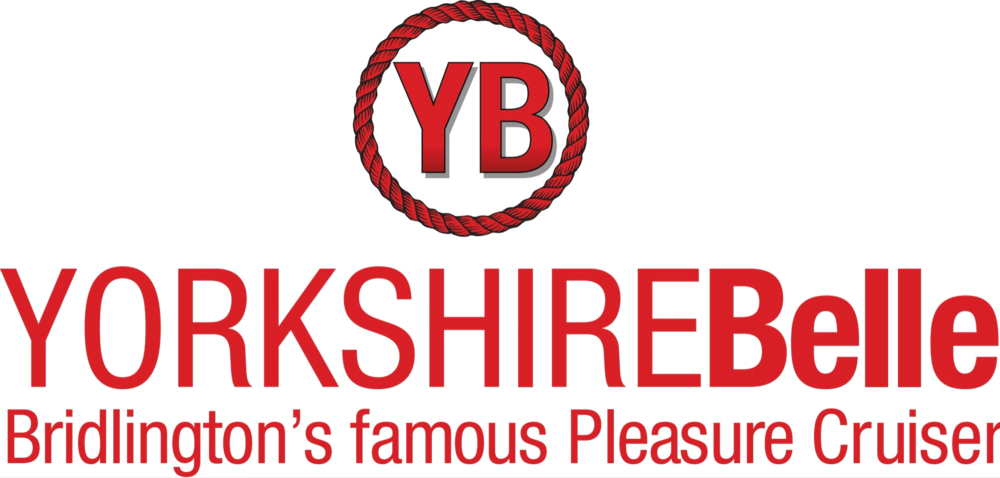The Yorkshire Belle has to comply with many areas of legislation, most of which are issued by the MCA (Maritime Coastguard Agency) and the Bridlington Harbour Commissioners.
As a direct result of health and safety requirements placed on the Yorkshire Belle by external agencies, all passengers with any queries about mobility, hearing or visual impairments or any special requirements are asked to contact the Skipper and discuss access and their needs BEFORE SAILING.
Visual Impairments (VI)
Any passengers with visual impairments who intend to travel alone must contact the Skipper in advance of the intended sailing date. This is to discuss particular requirements and potential issues before they arise.
VI passengers must make themselves known to the crew before boarding, in order to discuss boarding arrangements, but most importantly the crew must be aware of where passengers with disabilities are seated in order to ensure that in the case of emergencies they can be identified immediately.
During the cruise a commentary is given and help will available where possible, to ensure VI passengers travelling alone, can gain the best experience possible. If a passenger with VI needs guiding to facilities, help will be given.
Hearing Impairments
Any passengers with hearing impairments who intend to travel alone must contact the Skipper in advance of the intended sailing date, to discuss particular requirements and potential issues before they arise. Passengers with hearing impairments must make themselves known to the crew before boarding in order to discuss boarding arrangements.
It is essential that the crew must be aware of where passengers with hearing impairments are seated in order to ensure that in the case of emergencies they can be identified immediately. This is vitally important for those passengers who are deaf, as emergency instructions given over the tannoy or on deck must be followed. Therefore those non-hearing passengers must be able to be identified and instructed on a one to one basis if the need arises.
During most cruises a commentary is given and if a hearing impaired passenger discusses their requirements with the Skipper prior to sailing, it may well be possible, to send information in advance of the cruise.
Boarding Arrangements for Mobility issues (or for children with pushchairs)
Due to the structure of the boat, and the accessibility to the boat from the pier, as well as legislative health and safety restrictions, passengers need to have some mobility to board the boat, therefore, we are unfortunately unable to accommodate adult passengers with no mobility whatsoever.
For those with restricted mobility, in order to board and alight the vessel there is a gangway that varies in steepness depending on the state of tide. There are then two sets of 9 steps with handrails to get onto the main deck. Passengers (including children) do need to be able to walk independently. We have handrails and the crew are always on hand to provide assistance and are very used to aiding passengers with mobility issues. Adults with young children may well need to carry very young children and assistance will be available if required.
We would recommend that any passengers with mobility issues contact the Skipper in advance of the intended sailing date to discuss particular requirements and potential issues before they arise, it is often better to chat through an individual's capabilities and discuss the Skipper's recommendations as he will be able to look at the predicted tide height and know what gradient the gangway may be at.
Passengers with mobility issues should make themselves known to the crew before boarding, as it is quite often helpful to board these passengers first. Also once seated it will be important for the crew to know where passengers with disabilities are seated - as this will be important in the event of any emergency situation.
Neither wheelchairs or pushchairs can be used on deck whilst sailing, once a passenger has boarded, such chairs will be removed and stored safely by the crew and will be made available at the end of the gang plank, when the boat docks once again in the harbour.
